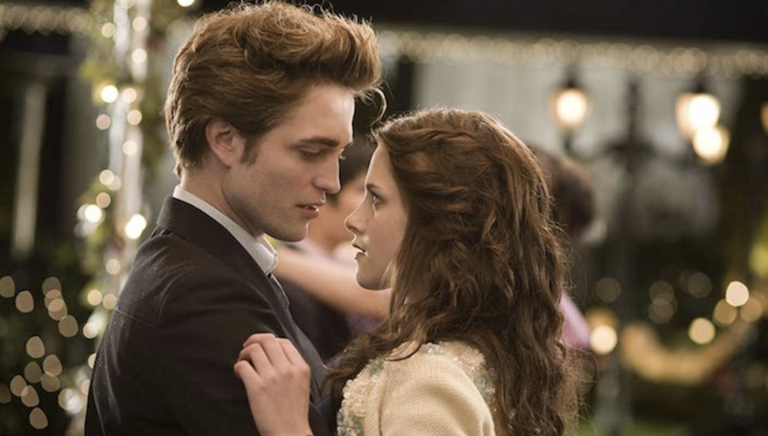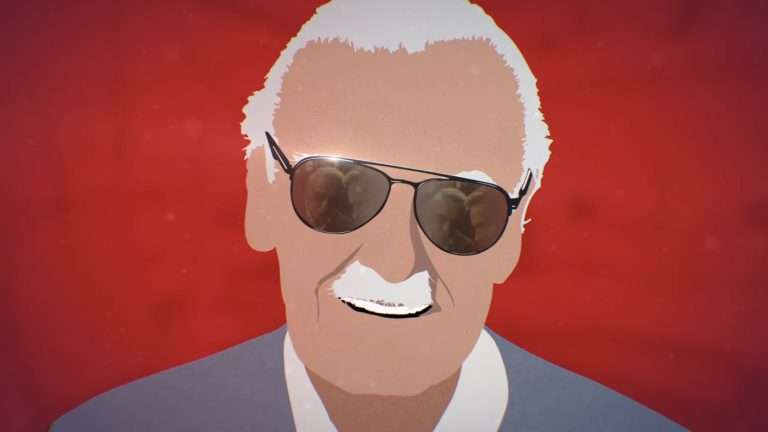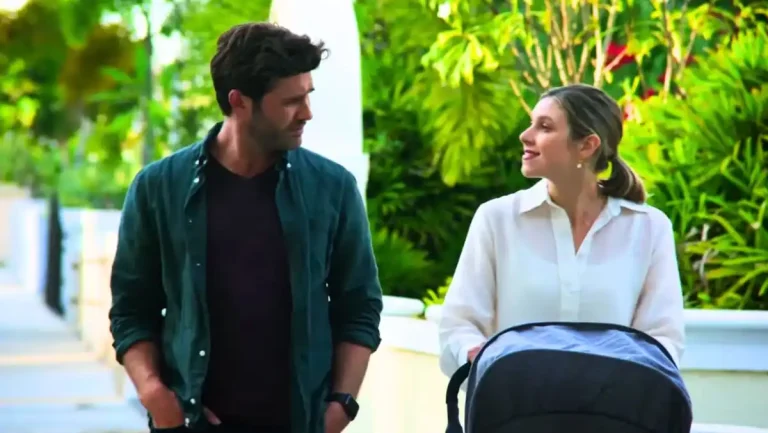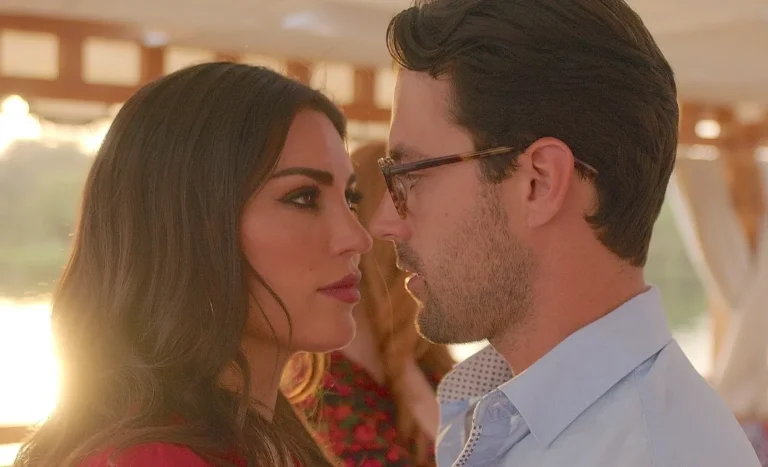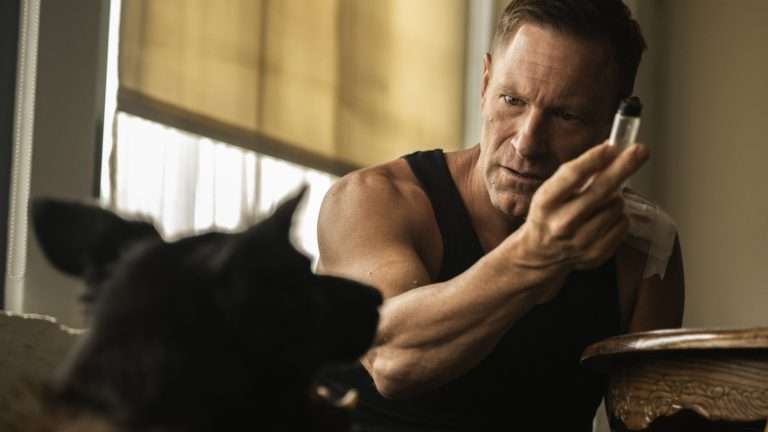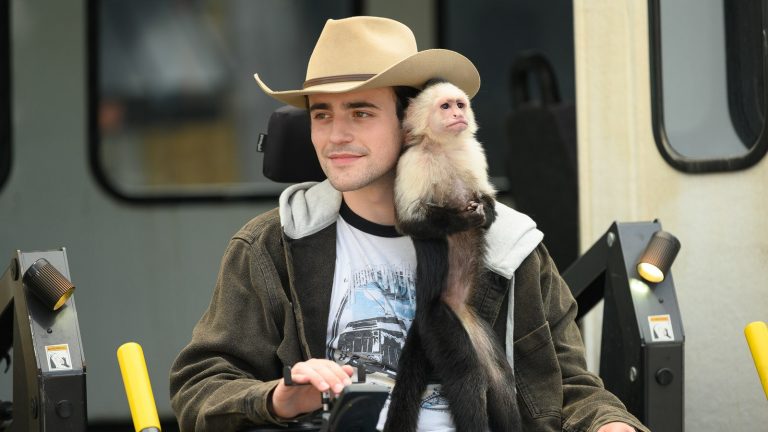Christo Tomy’s debut feature, “Ullozhukku” (“Undercurrent”), gives off the sense of things in churn and being in motion even when everything apparently seems to have got stuck. The external site is a terribly waterlogged area in Kerala. A boat is the only viable mode of transport. The central house in the film is almost knee-deep in water. As the rains lash on with the sustained force, both deferring practicalities and also being used as an excuse to hold off the impending for just a little longer, characters, specifically the duo Urvashi and Parvathy Thiruvothu essay, grapple with internally shifting realizations and reconciliations. While the visual contiguousness of the house is underlined with insistence, the characters traverse a wide emotional array, reckoning with the weight of difficult choices and coming to peace with what they should do.
The film opens with Anju (Parvathy), a salesgirl who’s in the throes of a full-fledged romance with Rajeev (Arjun Radhakrishnan). It turns out to be ill-fated as a swift cut reveals Anju married off to someone else. The marriage to Thomaskutty (Prasanth Murali) was foisted on her by her parents. He is from a family of ‘prestige and wealth’ that’d secure Anju’s future, which her parents don’t see happening with Rajeev, who has a low-paying job at a restaurant. Thus, she is trundled off into an unhappy, loveless marriage. Soon into it, however, Thomaskutty falls severely ill, and Anju essentially becomes a caregiver, day in and day out. The mother-in-law, Leelamma, also stands vigil while being warm and tender to Anju.
After a while, Anju resumes her relationship with Rajeev clandestinely and in stolen hours. She leaves the house and goes into the town on the pretext of buying Thomaskutty’s medicines but actually to meet up with Rajeev. However, a crisis arrives that ruptures the rhythm of this routine. This event throws everything into disarray while also offering yet another window at re-aligning life to one’s desire.
This is a fascinating film for multiple reasons. One, there’s not much of a busy plot but rather a thin throughline of a trajectory with certain heightened moments. Secondly, Tomy, who has also written the film, is supremely confident in pivoting the crux of the narrative through a densely psychologized lens, which nevertheless frames our way of engagement with the gentlest, kindest understanding of circumstance and motivation. Finally, the film is unhesitant to douse itself in abundant grimness or, more precisely, stretch out the knotty, choking sensation in the throat when one finds herself mired in an exacerbating dilemma. Tomy wants us to sink for a while with the characters in a stew of guilt, grief, and cruel decisions.
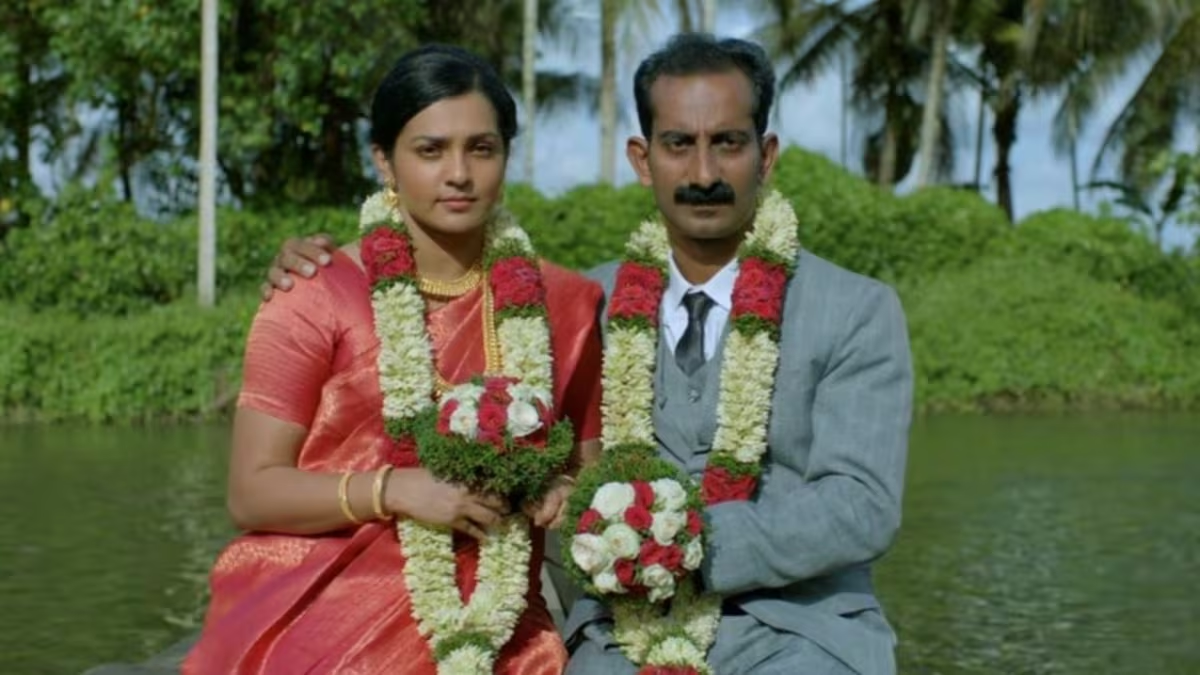
The screenplay unravels the web of one discovering what the other may have held back without elaborate, melodramatic orchestrations. “Ullozhukku” has all the trappings of a drama that could have easily lapsed into a louder strain, but Tomy has a voice that’s earnest, searching, and quietly seething. The film is exploratory instead of being didactic, with characters permeable to change and growth and not confined to pre-fixed orbits of any kind. Both Leelamma and Anju don’t view the tide of fresh, disturbing knowledge or a devastating secret as being wholly and inexorably ruinous. They take their time assessing how it affects their situations, never closing themselves off beyond the reach of generating and accepting compassion and forgiveness.
The deeply private, emotional tussle Anju has to grapple with chafes all the more as Leelamma has a hovering presence that’s full of affection, care, and generosity. Yes, it is stifling when Anju feels Leelamma’s loving grip on her has the firmest tangle. But she also slowly starts to trust it and not flinch and retreat as her mother-in-law extends her hand to be held, a gesture for her to be consoled. As beautifully restrained the drama is in delineating the gamut of individual transformation, “Ullozhukku” doesn’t pare down the cost of the entrenched misery in patriarchally undergirded social and family systems that hurl women down the path of marriage, irrespective of their own will. Leelamma confesses how she wanted to study medicine, but her dreams were shattered as her father promptly married her off.
The screenplay is lithe and empathetic, building bridges between the two women in reassuring, uplifting ways. While one woman has felt her life thoroughly constricted and cloistered in an airless, not-so-loving marriage, she expands the other’s purview by refashioning a life on new, private, and uncompromising terms. Both Urvashi and Parvathy are absolutely tremendous. Urvashi is especially wrenching, summoning a volcanic magnitude of loss and betrayal.
Watch out for her tiny micro-expression shifts, like in a moment when her character discovers that Anju may have been hiding something. Just the way Urvashi is able to harden her face in several scenes, often within the space of a few seconds, any sign of ardent tenderness quickly flushing out, is breathtaking to witness. “Ullozhukku” is a quietly blazing drama, wending its way to a climax that is packed with soaring defiance as two characters guide each other to a fresh start and towards a surge of possibilities.



